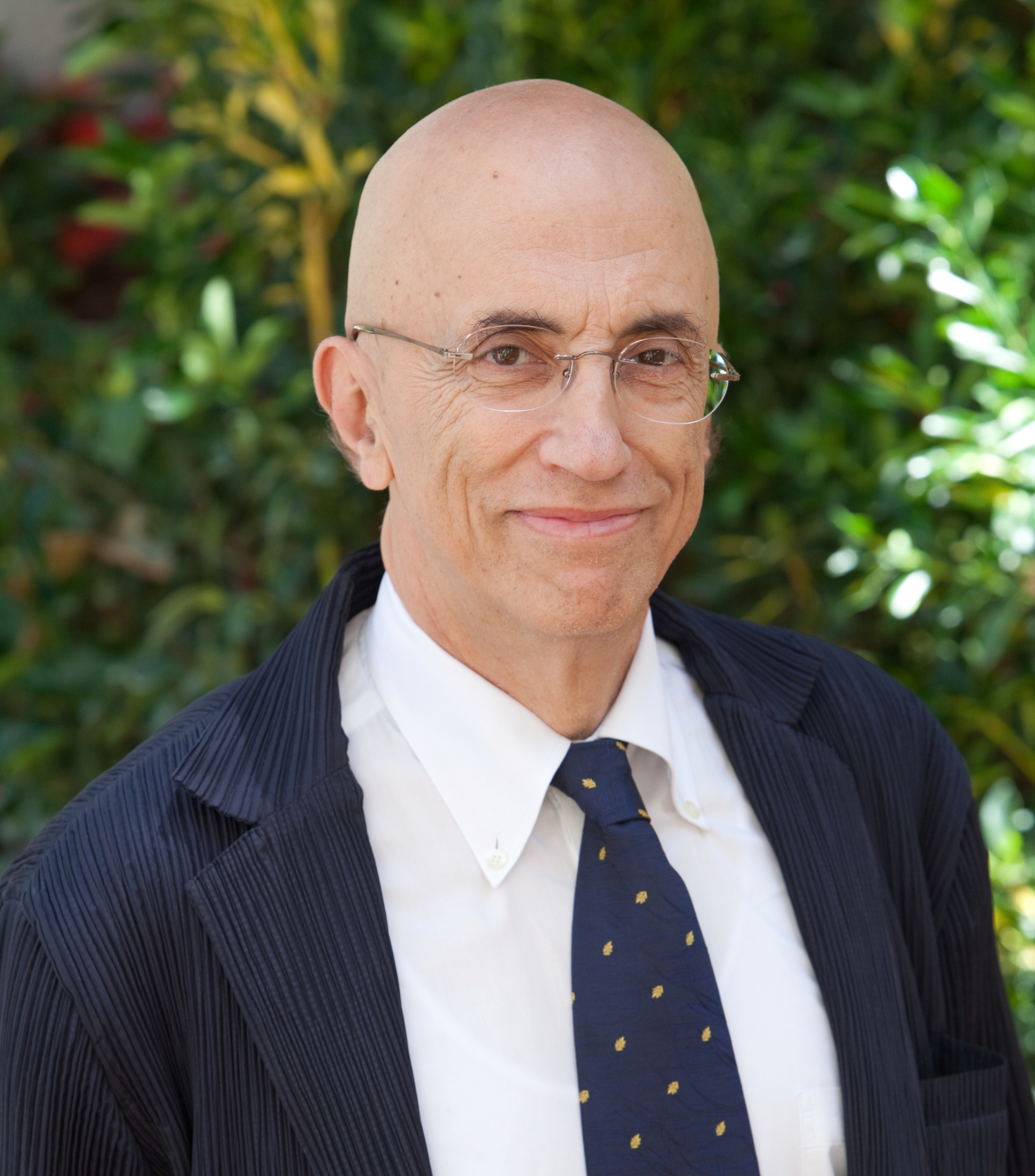The leading Greek newspaper,
Eleutherotypia
, featured an interview with Menas Kafatos, Ph.D., dean of Chapman’s Schmid College of Science and Technology, Fletcher Jones Endowed Professor in Computational Physics and vice chancellor for special projects, during the dean’s summer visit to his native country.
Following is a translated version of the article that appeared in the July 10 issue.
(Print edition,
Eleutherotypia
, Sunday, July 10, 2011)
Last year, back in July, when we were at the beginning of (Greece’s economic) crisis, we had some illusions that the global recession would not affect us, and that somehow the money we needed existed. We were optimistic then that this year it would be better. “Wishful thinking,” as they say in English, that everything would work out as we would want it to be.
Menas Kafatos has lived and worked in America since 1963. He is professor of physics at Chapman University in California, and he is visiting us today. We asked him how the situation in Greece appeared to him now, since his last visit here a year ago.
People from Crete don’t mince any words. “It’s not good. You see it everywhere – people look devastated; they walk around with lowered heads. You can feel the sadness and the anger. This is not the Greece I knew,” he says.
Both he and his brother Fotis, a professor of biology at Imperial College, London, are currently living and working outside Greece. “But in our hearts we have never left this place,” Kafatos says. They have close relationships with colleagues in the scientific community here in Greece, and certainly they have many friends and relatives here. With one in America and the other in England, they think of themselves as unofficial ambassadors of Greece.
“In America I was often asked what would bankrupt Greece,” says Kafatos. “And the question is the same for California, which also faces a huge deficit problem. You can see it as clearly there as in Greece – people have reduced incomes, there is high unemployment and consumption has fallen, as has the demand in the housing market and real estate. People prefer to rent rather than buy, so we see big increases in rents and a large drop in the sales prices of properties. And this, of course, exacerbates the economic crisis. It’s very interesting that those who are excoriating the Greeks and calling them lazy, cheats and such – notably Germany – don’t say the same things about Americans who are going through the same type of crisis.”
We then spoke of the mistakes that led us into the current crisis, and engaged in a philosophical exercise: “If we could only go back in time…”
Both Kafatos and I laughed, but then he immediately said, seriously, “Maybe you could.” “Back in time?” I said, a little surprised. And then he told me about the famous “Bem Experiment,” which roiled the international scientific community (in both positive and negative ways) a few months ago.
Daryl Bem, professor of social psychology at Cornell University, published an article this year titled “Feeling the Future: Experimental Evidence for Anomalous Retroactive Influences on Cognition and Affect” (
http://dbem.ws/FeelingFuture.pdf
). In brief, Professor Bem says that time doesn’t just flow forward, as we already know – but it can also flow backward. So, as he says in the title of the article, you can “feel the future.”
Kafatos, who has met with Bem, participated in conferences with him and has written articles on his experiments, says, “This means there is a link to the future from the past, and also from the future back to the past. This has been verified in laboratory experiments, but it is, of course, beyond what we think we already know about time and space. It enters the realm of quantum mechanics, which, if verified by Bem, will mean we need to revise how we think of the present, past and future.”
Kafatos added, “Could it mean there is a scientific way to search and see if God exists, and if there is such a thing as a soul?”
Debating on both sides of this fascinating discussion recently have been, on the one hand, Stephen Hawking, the English physicist and cosmologist, and Leonard Mlodinow, professor of physics, and on the other hand, Menas Kafatos and the India-born physician and metaphysicist Deepak Chopra, who started as an endocrinologist and then turned to alternative medicine.
Hawking and Mlodinow co-authored the bestselling book “The Grand Design,” in which, among other things, they argue that God did not create the universe and that the Big Bang – the primary operative explosion – was an inevitable consequence of the laws of physics. Chopra and Kafatos were the first to respond to and challenge this, sharing their scientific articles online (
http://www.huffingtonpost.com/deepakchopra/stephen-hawkings-grandbo_b_708958.html
and
http://www.huffingtonpost.com/deepakchopra/hawkings-grandbookbutw_b_732182.html
).
“Although Chopra and I approach this from very different backgrounds, our scientific interests converge,” says Kafatos. “He’s interested in the science of metaphysics, and I’m interested in the metaphysical foundations of science. When (Hawking and Mlodinow) incorporated God into their argument, they used classical physics to attack metaphysics – and that just doesn’t work. They argue that God does not exist because there is no proof. But you can’t prove it – it’s impossible to prove. I can
believe
that God exists; you may
believe
he doesn’t. But scientifically, neither one nor the other is verifiable using standard physics.
“But now, along comes quantum mechanics, and that opens new doors to what we traditionally think of as metaphysics. And it generates more scientific questions, which in the past were purely the realm of philosophy and could not be proved by classical physics.
“Chopra is a doctor, but he separates the body from what he calls the soul. And what is the soul? That’s the big question of all time. The soul seems to be something that is outside of time and space – one could say, indestructible.”
So how can we even know or understand that?
“I think now we are getting into metaphysics and beliefs. But there are some metaphysical questions that I think could be answered by science, such as that time is not absolute, that space is not absolute, and that there is something else beyond space and time – as in Bem’s experiments. We are now facing a dramatic transformation of our current scientific approach, which could not open the windows of the unknown. With quantum mechanics, it is now possible that yes, there could be something else beyond time and space!
“Science requires an open mind,” Kafatos concluded. “And it needs to be based on evidence. There are doors that remain tightly closed, and the prospect of one day opening them in the laboratory causes excitement among some and fear in others. Is there anything else beyond time and space as we know them? Can we really travel from the future to the past, or discover what the soul is and where it resides? It’s all very interesting. Maybe we could even return to the past and create a better, what used to be, Old Greece!”





Add comment